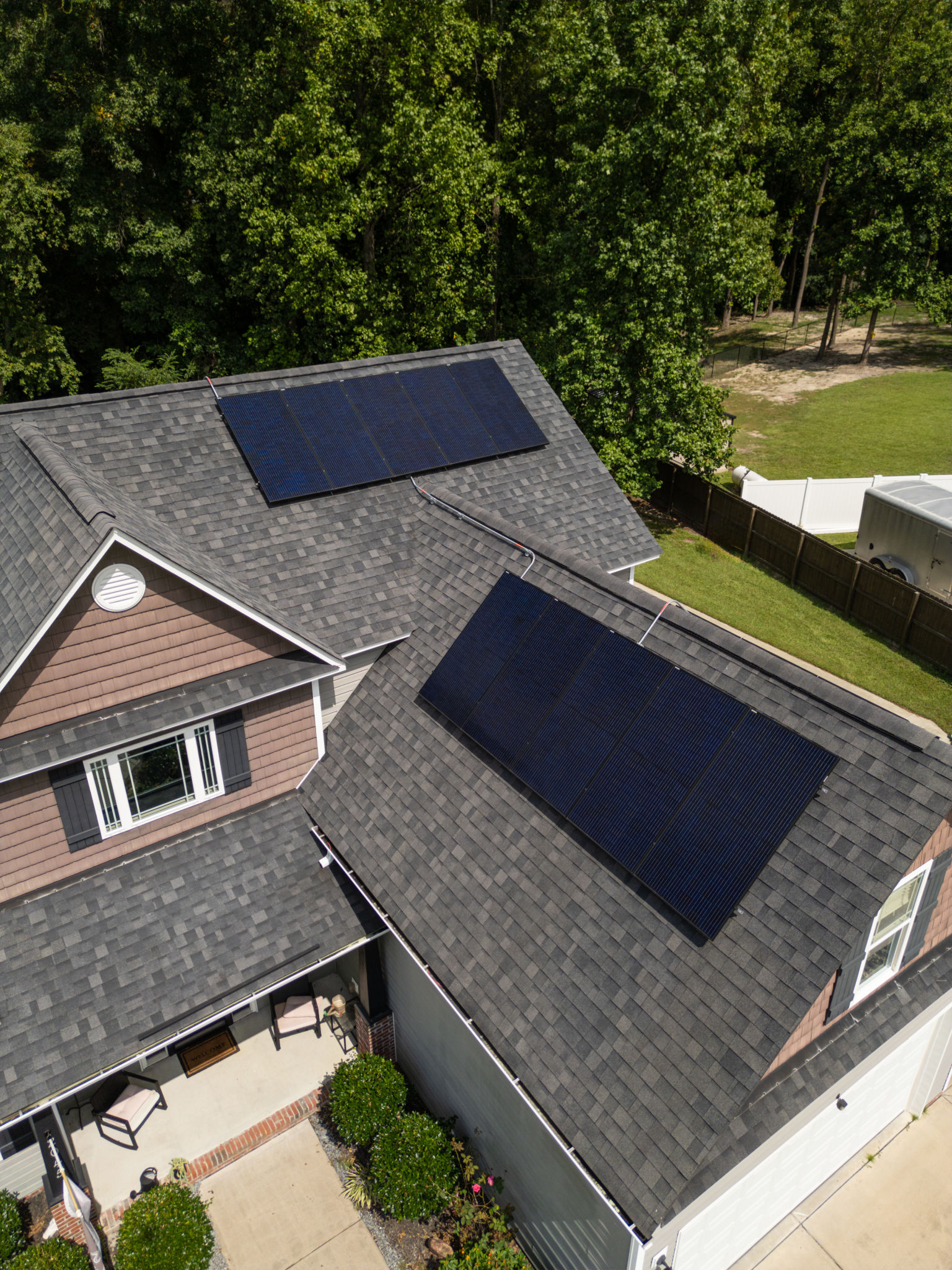Solar Panel Installation and Maintenance: What You Need to Know
Understanding Solar Panel Installation
Solar panel installation is becoming increasingly popular as more people look for sustainable and cost-effective energy solutions. Before diving into the installation process, it's important to understand the basics. Solar panels are primarily installed on rooftops where they can capture the most sunlight. The installation process involves several steps, from assessing your home's energy needs to connecting the system to your electrical grid.
One crucial aspect of the installation is determining if your roof can support solar panels. Factors such as roof orientation, angle, and shading from nearby trees or buildings play a significant role in the efficiency of your solar system. It's advisable to consult with a professional installer who can assess your home and provide tailored recommendations.

The Installation Process
The installation process typically begins with a site assessment. During this phase, the installers will evaluate your roof's condition and design a system that maximizes energy production. Once the design is finalized, the next step is acquiring the necessary permits and approvals from local authorities.
After securing permits, the actual installation can commence. This phase involves mounting the panels on your roof, installing inverters to convert solar energy into usable electricity, and setting up the electrical wiring to connect the system to your home. The entire process can take a few days to a few weeks, depending on the complexity of the installation.

Maintaining Your Solar Panels
Proper maintenance is essential to ensure your solar panels continue to operate efficiently over their lifespan, which typically ranges from 25 to 30 years. Regular maintenance involves keeping the panels clean and free from debris. Dirt, leaves, and bird droppings can reduce your panels' efficiency by blocking sunlight.
It's recommended to clean your panels at least twice a year, or more frequently if you live in an area with heavy dust or pollen. Use a soft brush or a hose with lukewarm water to gently wash away any dirt. Avoid using harsh chemicals or abrasive materials that could damage the panels.

Monitoring System Performance
Many solar panel systems come equipped with monitoring tools that allow you to track their performance in real-time. Monitoring systems can alert you to any potential issues, such as a drop in energy production or a malfunctioning inverter. Keeping an eye on your system's performance ensures you can address problems promptly and maintain optimal efficiency.
If you notice any significant changes in performance, contact your installer or a professional technician for further inspection. Regular maintenance checks by certified professionals can help identify and fix any issues before they become costly repairs.
Benefits of Regular Maintenance
Consistent maintenance of your solar panels offers several benefits beyond just extending their lifespan. Well-maintained solar panels can lead to increased energy savings by maximizing electricity production. Additionally, regular upkeep helps preserve your investment and can enhance the resale value of your property if you decide to sell in the future.
Investing in professional maintenance services may provide peace of mind, knowing that experts are ensuring your system operates at peak performance. Many companies offer service packages that include periodic inspections and cleaning, making it easier for homeowners to keep their systems in top condition.

Conclusion
Solar panel installation and maintenance require careful planning and regular attention to detail. By understanding the installation process and committing to routine maintenance, you can enjoy the numerous benefits of solar energy, such as reduced utility bills and a smaller carbon footprint. As you embark on this sustainable journey, remember that professional guidance can make all the difference in ensuring a successful solar experience.
